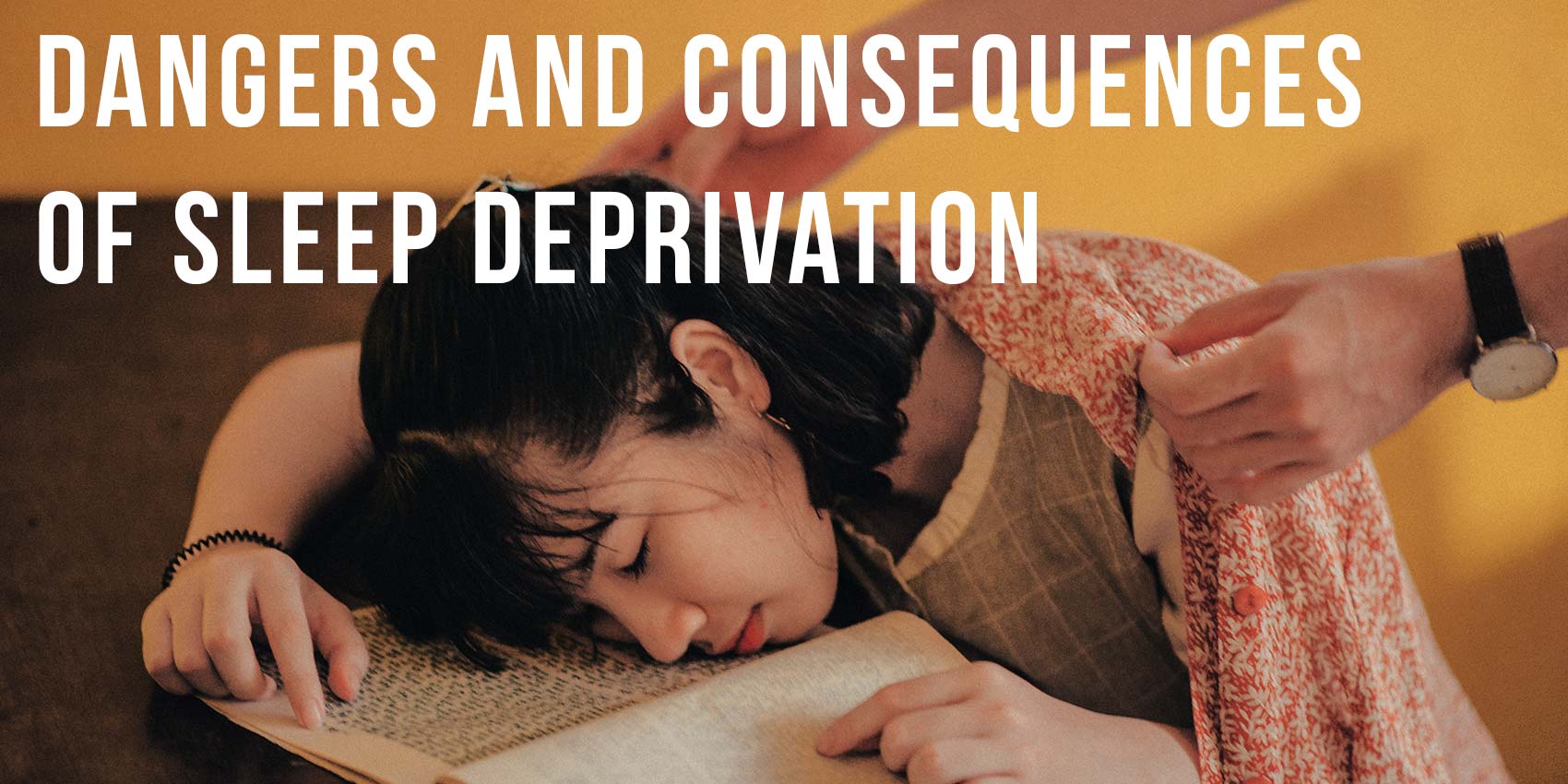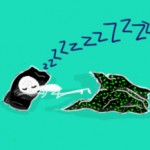09 Dec Dangers and consequences of sleep deprivation


DID YOU KNOW? Rats who are deprived of all sleep do not survive- they die within 11-32 days and suffer signs of immune and psychological stress beforehand.
(Source: https://www.ncbi.nlm.nih.gov/pubmed/2928622)
This study on rats in the Did You Know? suggests that the immune system is hindered when sleep deprived. This is caused in part by an increase in the stress hormone cortisol that occurs when you do not get enough sleep. A chronic increase in cortisol can compromise the immune system, making you vulnerable to the latest germ floating around. It’s no wonder mononucleosis, the kissing virus, is so rampant among teenagers. Their immune systems are weak, they are kissing a lot and they get the one virus that demands nothing but sleep for recovery.

Did someone say kissing?
Well, at least we got your attention for a moment, Taylor. But the following consequences should capture your attention as well…
Consequences of feeling sleepy or of not getting enough sleep:
- •Reduced short-term memory (like what did you just read?)
- •Reduced learning ability (like it takes so much longer to understand this stuff)
- •High blood pressure (like feeling anxious, sweaty and shaky)
- •Obesity (when your body doesn’t function properly, many things can go wrong)
- •Poor mood/irritability (who isn’t irritable when they are tired?)
- •Disciplinary problems (and who doesn’t act out—sometimes improperly—as a result?)
- •Poor concentration (how can you focus on math when you are thinking about your pillow?)
- •Inconsistent performance (math—pillow—math—pillow, pillow, pillow)
- •Poor productivity (who feels like working when so tired?)
- •Increased use of stimulants (come on? One cup of coffee won’t hurt? Will it?)
- •Inappropriate alcohol or drug use. Some people grab a “nightcap” to fall asleep. But this doesn’t work because alcohol will ease you into state 1 or 2 but not get you to the deep sleep you need.)
- •Loss of behavioral control (maybe this part of your brain is still asleep?)
- •Lower overall performance in athletics and school work
- •Increased risk of injury (drowsy=poor decision making=I’m going to skateboard on the highest cliff today + poor reaction time= Injury!!!!!)
- •Automobile accidents
The increased risk of accidents warrants (meaning, deserves) special mention. Accidents—driving, drowning, firearms, suffocation, poisoning, falling, fire, machine-use—are the leading cause of death for people age 12-25. And since drowsiness and fatigue lead to many accidents, being cognizant (meaning, aware) of your sleep levels and fatigue can actually save your life. (Hopefully you were wide awake when you read that!)
Driver fatigue is responsible for an estimated 100,000 motor vehicle accidents and 1,500 deaths each year, according to the National Highway Traffic Safety Administration.
(The National Sleep Foundation says that if you have trouble keeping your eyes focused on the road, if you forget the past few miles you’ve driven, if you can’t stop yawning and when caffeine no longer has an effect, then you probably are too drowsy to drive safely. Drowsiness is the body’s way of telling you that it needs to sleep. Now!)
Reminder: Teens need 8 to 10 hours of sleep each night. To make sure you are getting enough sleep, read the next sub-post…




Post Question:
Which of the above consequences can you relate to the most?
Answer the post question here
What's being said